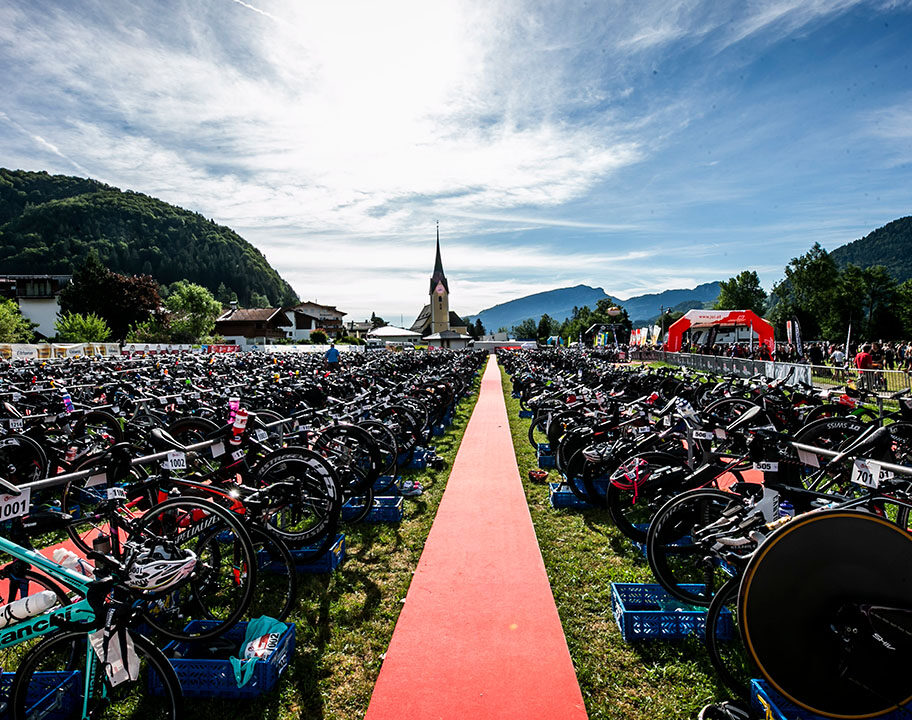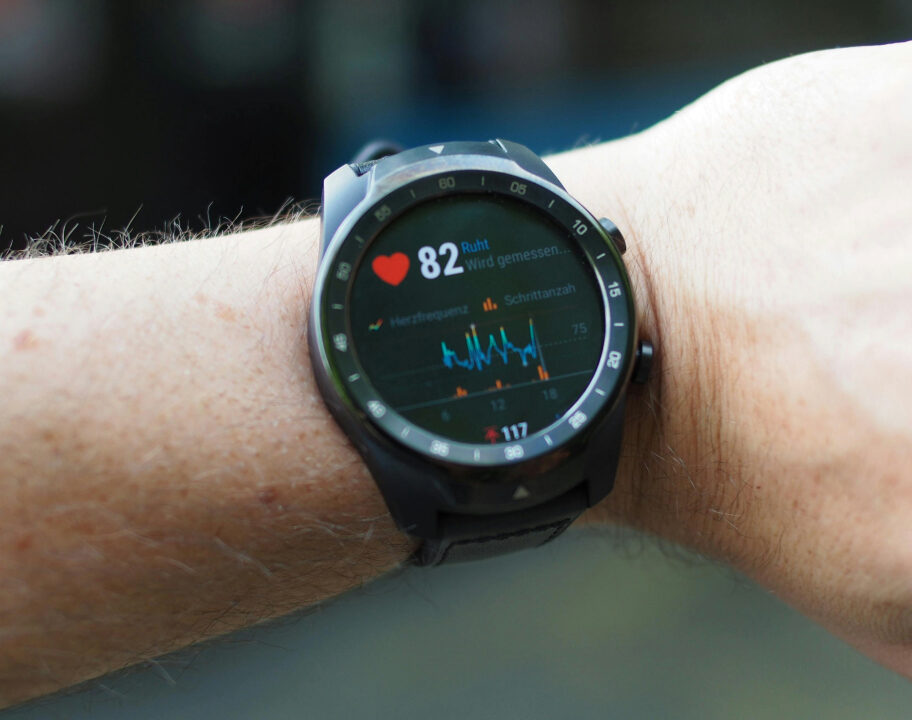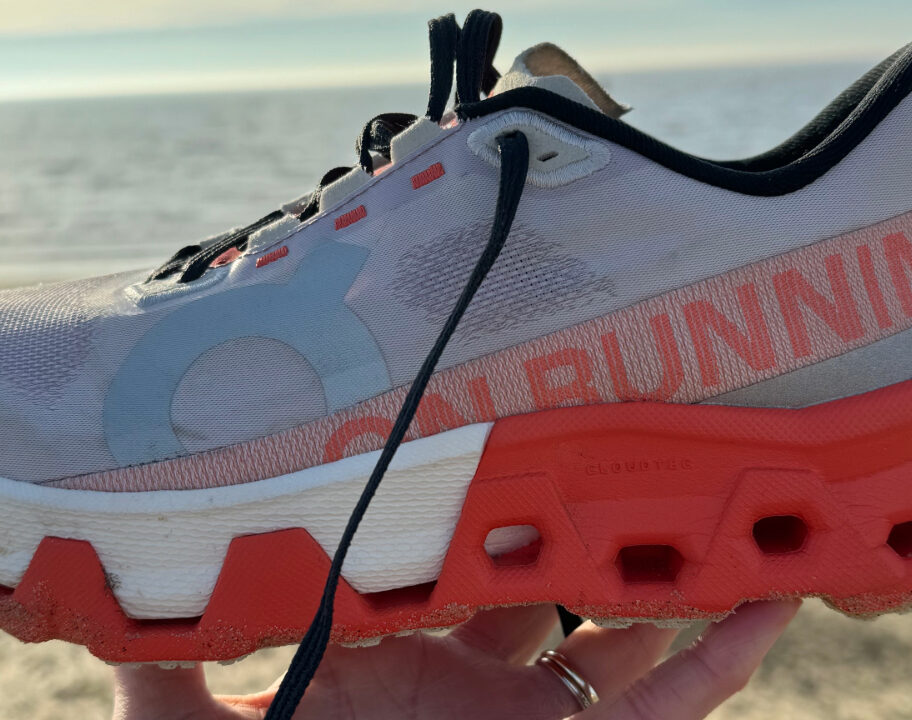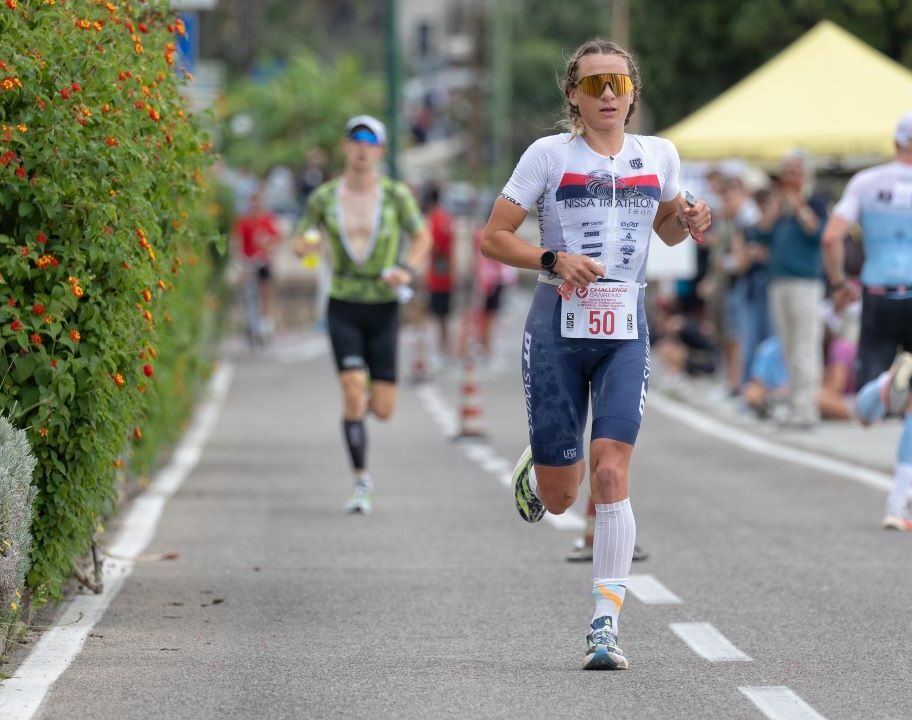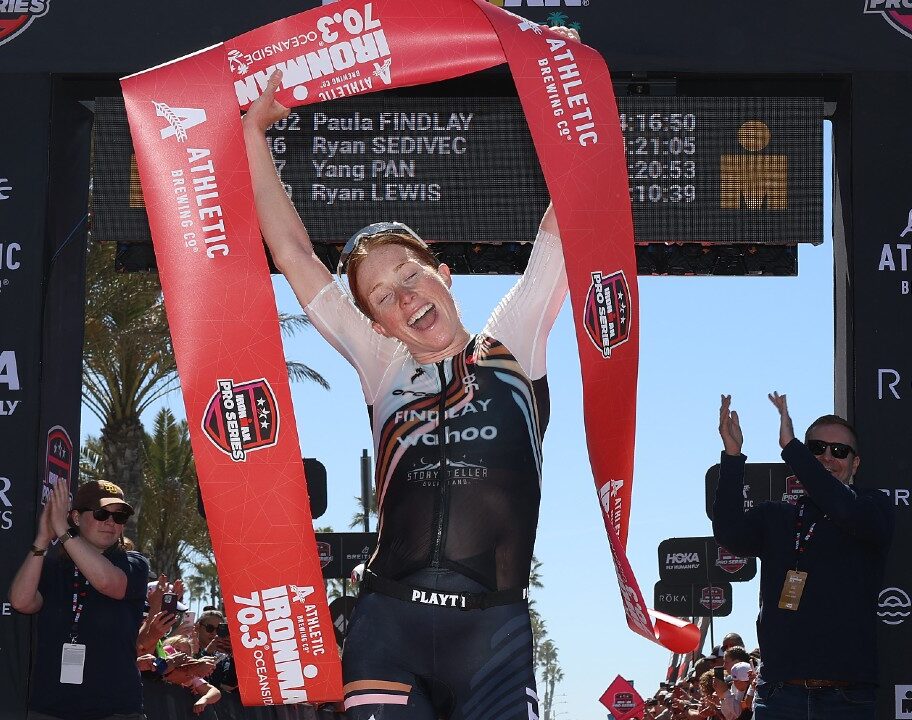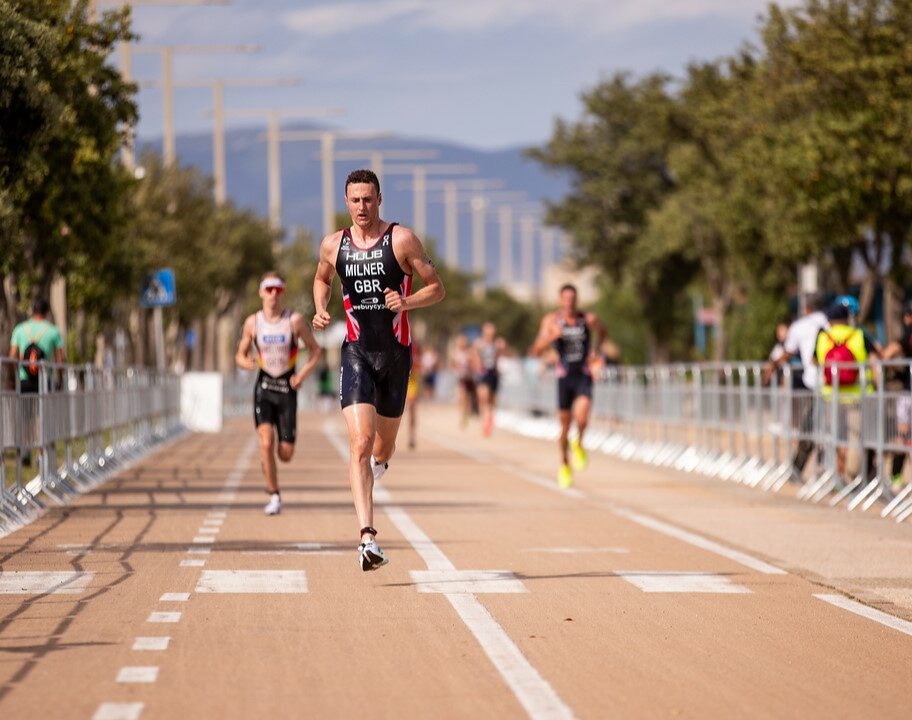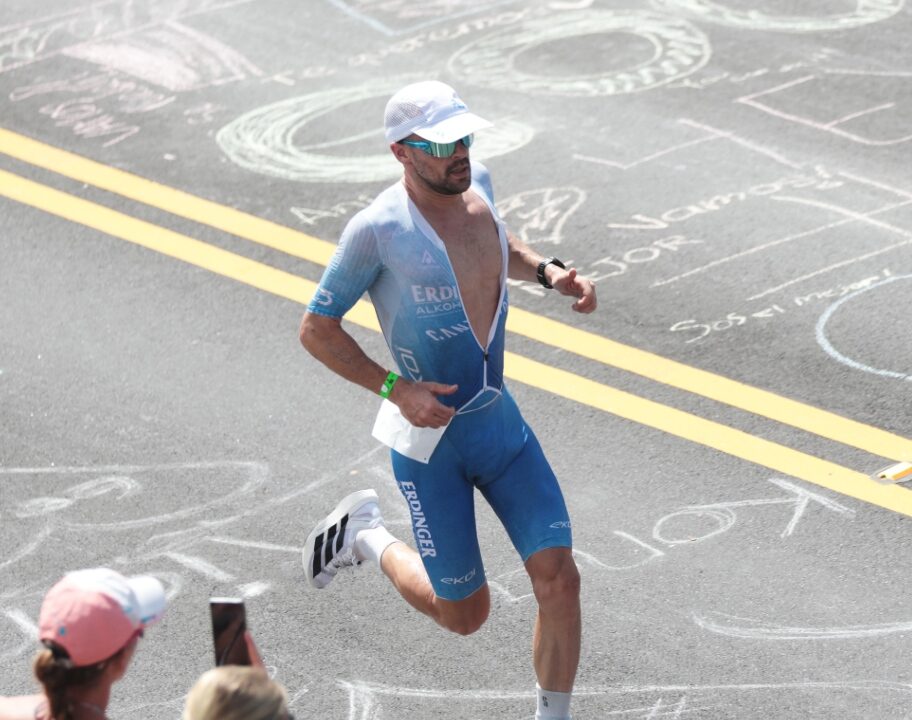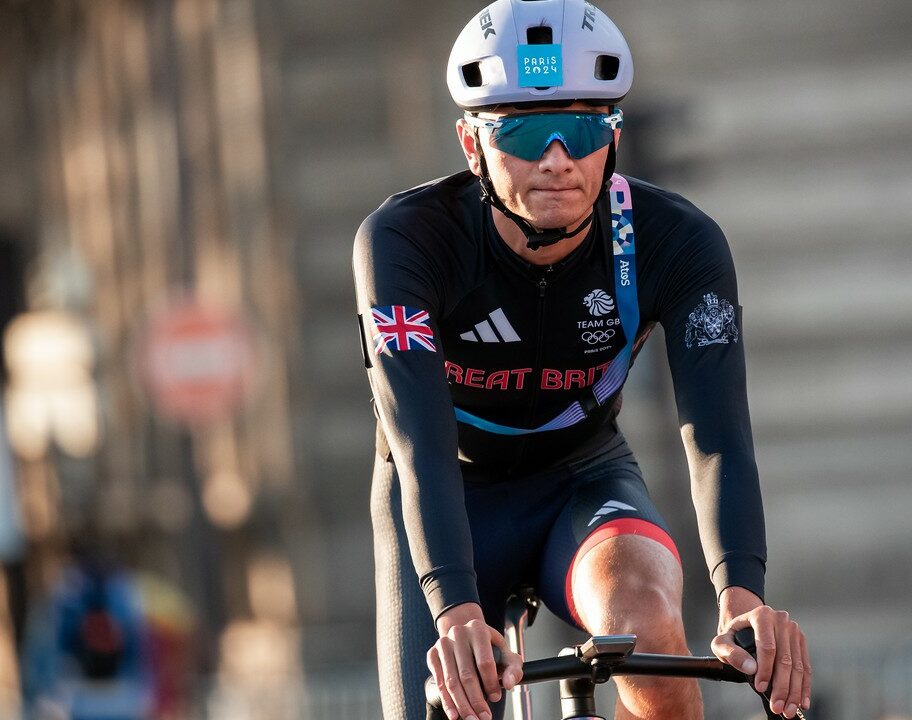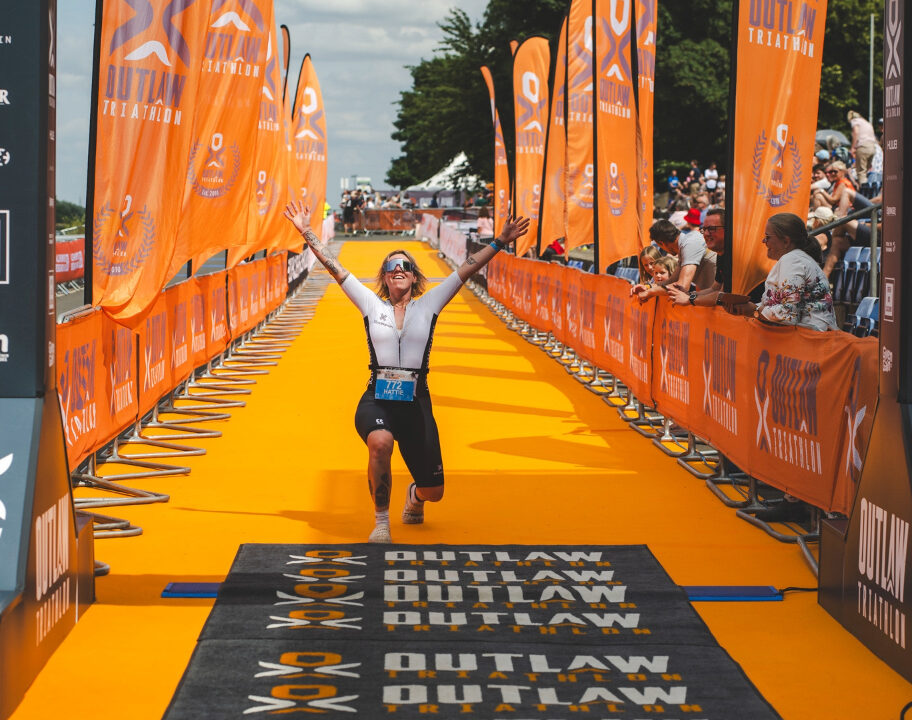Three years ago, Kristian Blummenfelt achieved what only a handful of other athletes in the sport have done, after he took home the gold medal at the Tokyo Olympic Games.
For Blummenfelt and Team Norway, the victory was a culmination of close to a decade of hard work and dedication, which all came to fruition on race day.
However, one aspect of the Norwegians preparation has received little coverage since that day in Tokyo. An aspect which curiously started of all places in a pub in Bermuda.
The Japanese connection
After the Norwegian trio of Casper Stornes, Kristian Blummenfelt and Gustav Iden swept the podium at WTCS Bermuda in 2018, Norwegian Sports Director Arild Tveiten recalls receiving a message of congratulations from Japanese coach Patrick Kelly.
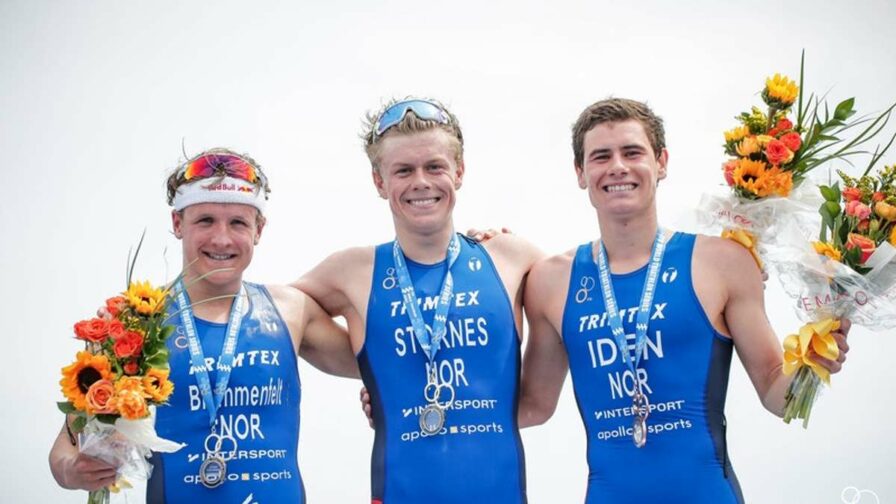
“Just after WTCS Bermuda I was contacted by Japan’s head coach for the men’s team – Patrick Kelly – who congratulated me on the results. He asked if we could meet that evening for a talk and so that same night I met Patrick and one of their coach Murakami Koji.”
Kenji Nener, who was part of the Japanese squad at the time, remembers how Kelly was eager to understand how Tveiten and his team had achieved their success.
“Patrick really wanted to know how Norway had become such a dominant force in a short period of time. Following that meeting, Patrick’s relationship with Norway initiated an MOU agreement in 2019.”
That memorandum of understanding, says both Tveiten and Nener, permitted the Japanese team to receive invitations to training camps with the Norwegians in exchange for help preparing for the Tokyo Olympic Games.
“We never would have got access without the MOU”
For both Japan and Norway, the relationship was a win-win, with Tveiten sharing that without the MOU, the national team’s preparations for the Olympics would have been much harder.
“In July 2018, we had our first of many camps together in Font Romeu, which was a success and we got to know the Japanese team. Over the years we met again in Font Romeu, Thailand and Japan for camps and we got well connected.
“Our pre-camp in Miyazaki before the Olympics was perfect, because we got access to facilities that we never would have without the MOU.
“The Japanese team had some really good athletes who pushed us during our open water swims and brick workouts. When we had our important race prep sessions, organisers from the World Triathlon Cup in Miyazaki came in and arranged a T1 and T2, including racks and blue carpets for these workouts.”
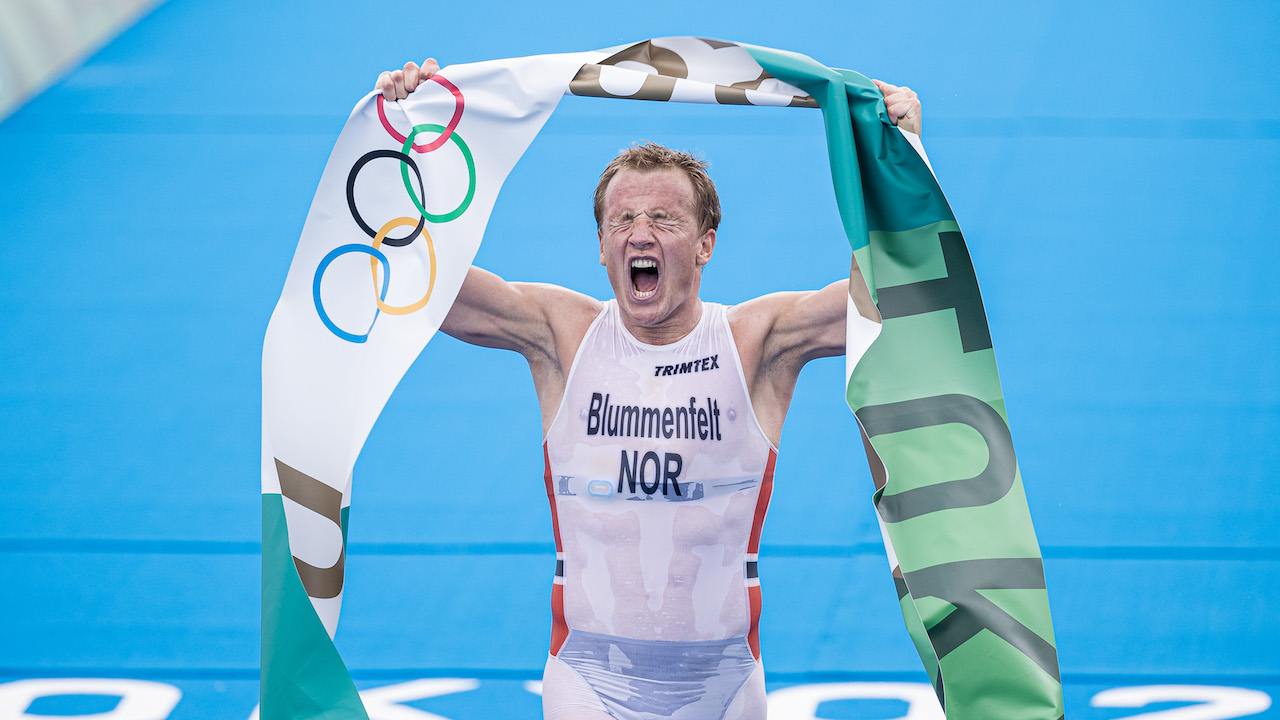
Tveiten, who played a key role in Blummenfelt’s historic gold medal, said that the relationship “really made a difference”, with Nener, who finished 14th in Tokyo, stating that he was indebted to Team Norway thanks to one of triathlon’s unlikeliest of relationships.


